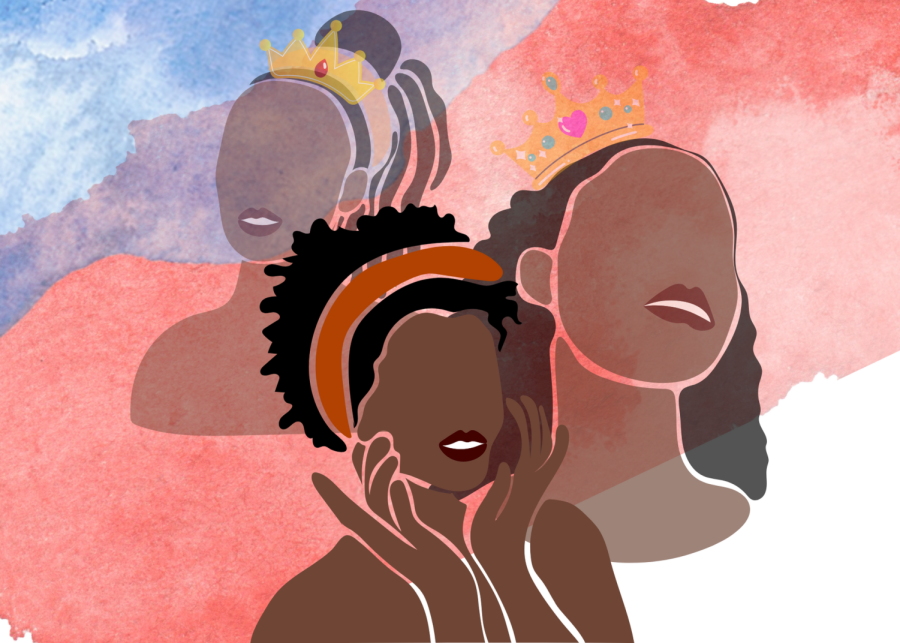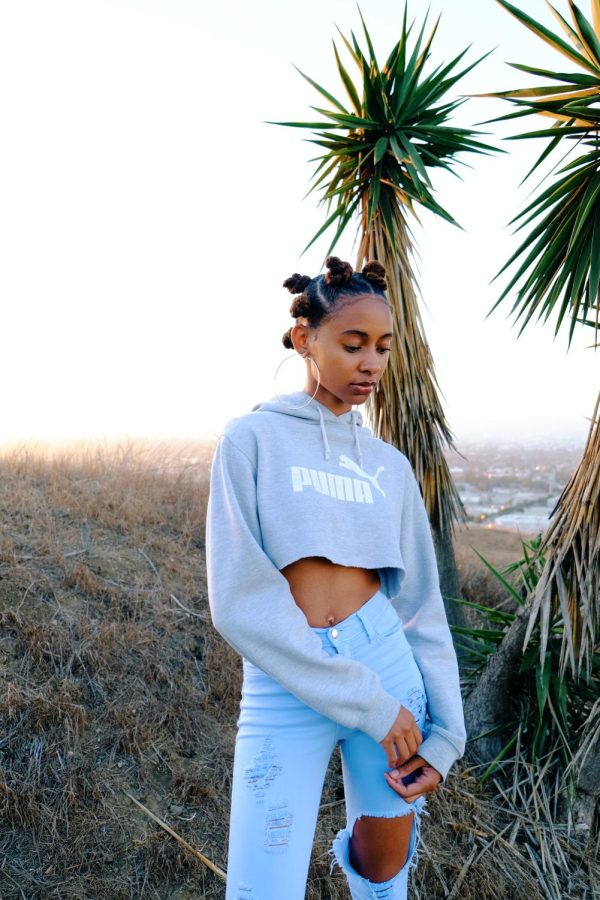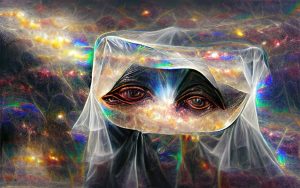Let Your Hair C.R.O.W.N: Senate to Vote to Ban Hair-Based Discrimination
Black hairstyles. Three black women proudly display their distinct hairstyles. The ladies represented different types of hairstyles that show Black culture within the Black community.
April 12, 2022
In the United States, a place supposedly full of diversity, the Black community not only suffers from discrimination and prejudice regarding their race, but also in how they present themselves to the world. For decades, individuals across the nation have targeted Black hairstyles and utilized this prejudice as a weapon against Black culture and the everyday lives of Black Americans.
Unfortunately, some people still view Black hairstyles such as braids, bantu knots and cornrows as “unclean” or “unprofessional.” These acts of prejudice result in unemployment, suspension and other forms of discrimination that lead people to believe racism is not only alive, but thriving.
In my opinion, discrimination against Black hairstyles proves that racism continues to persevere throughout history and into the modern world. As a woman of color, I find myself full of inexpressible anger towards individuals who oppose Black hairstyles. Essentially, it’s equivalent to hating on Black culture and the characteristics that comprise the community; this, in and of itself, is the heart of racism, and just another way to suppress Black individuals and strip them of their identity.
Black Hairstyles
Though there are hundreds of Black hairstyles, individuals most commonly discriminate against Bantu Knots, Locs, Braids, Twists, Afros, and Cornrows. This is due to the ignorance of Black hairstyles and the specific types that may not be as known or popular to society since they are seen as “unkempt” and “dirty”.
Nevertheless, the Black community stands upright through the hatred and discrimination, and continue to walk the streets holding their heads and hair up high. And thanks to the efforts of Black political figures in the U.S., more individuals will become informed about Black culture.
C.R.O.W.N Act
Though this prejudice is still very prevalent towards the Black community, California was the first state to acknowledge discrimination against Black hairstyles. On July 3, 2019, California legislators passed the CROWN Act: a law forbidding any discrimination regarding Black hairstyles.
The acronym CROWN stands for “Creating a Respectful and Open World for Natural Hair” and supports Black individuals in their struggle to attain civility; furthermore, the act shields Black women and men from any sort of discrimination due to texture or style of their hair.
On a national level, Rep. Bonnie Watson Coleman, a Black politician from New Jersey, initiated the CROWN Act in 2021, but it didn’t gain traction until 2022. Now, because of Rep. Watson, the CROWN Act climbed its way to the House and legislators passed it, sending it to the Senate where it is currently being reviewed.
During a press interview, Rep. Watson stated, “Discrimination against Black hair is discrimination against Black people. I’m proud to have played a part to ensure that we end discrimination against people for how their hair grows out of their head.”
Moreover, the Black population rejoices in the popularity of the CROWN Act because of the safety it guarantees for workers and the relief it brings to Black students enrolled in school. Although injustices are more than likely to occur despite the law, such individuals will be held accountable for breaking a federal law.
As a Black student, I empathize with other Black students in their fight against racism as well as their courage to stand up for themselves, oftentimes alone. In their struggle for equality and peace, I believe justice is right around the corner (like many others) and with the help of authoritative figures like Rep. Watson, the CROWN Act has the potential to change thousands of lives.






